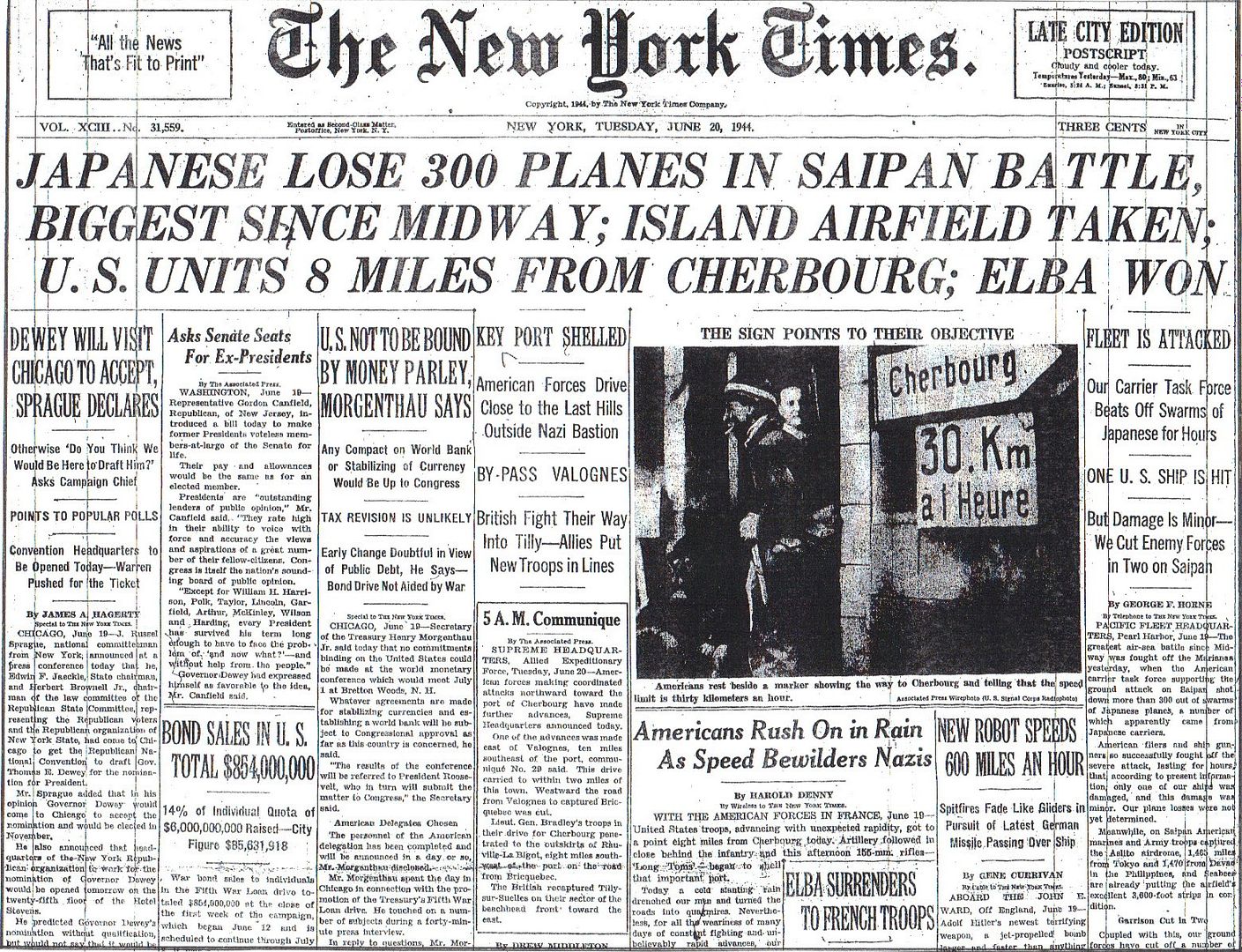
Posted on 06/20/2014 4:31:31 AM PDT by Homer_J_Simpson

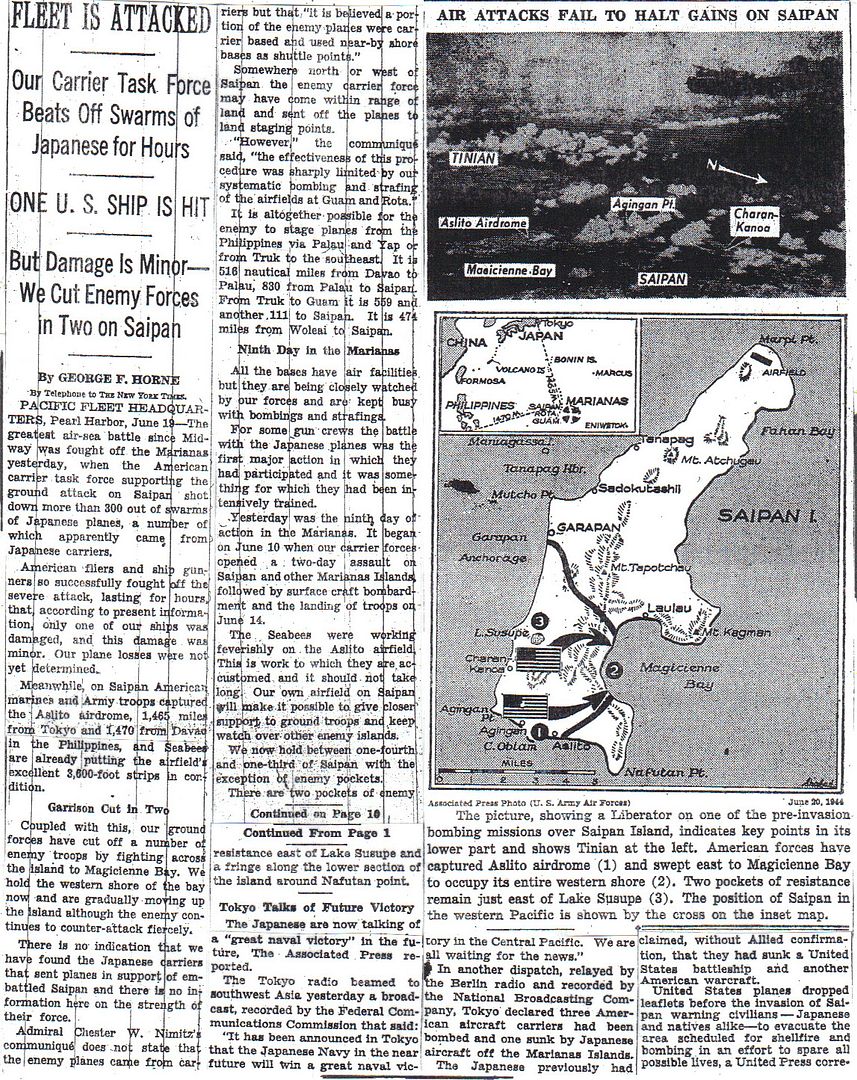
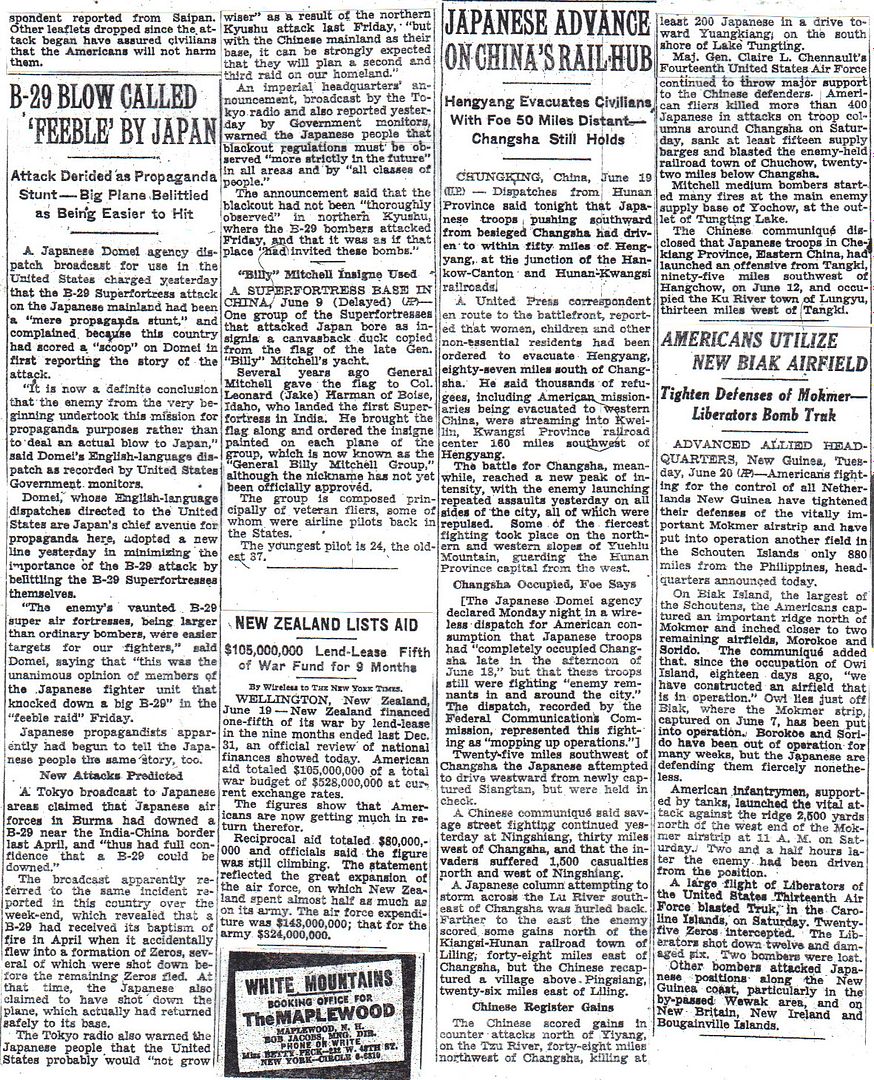
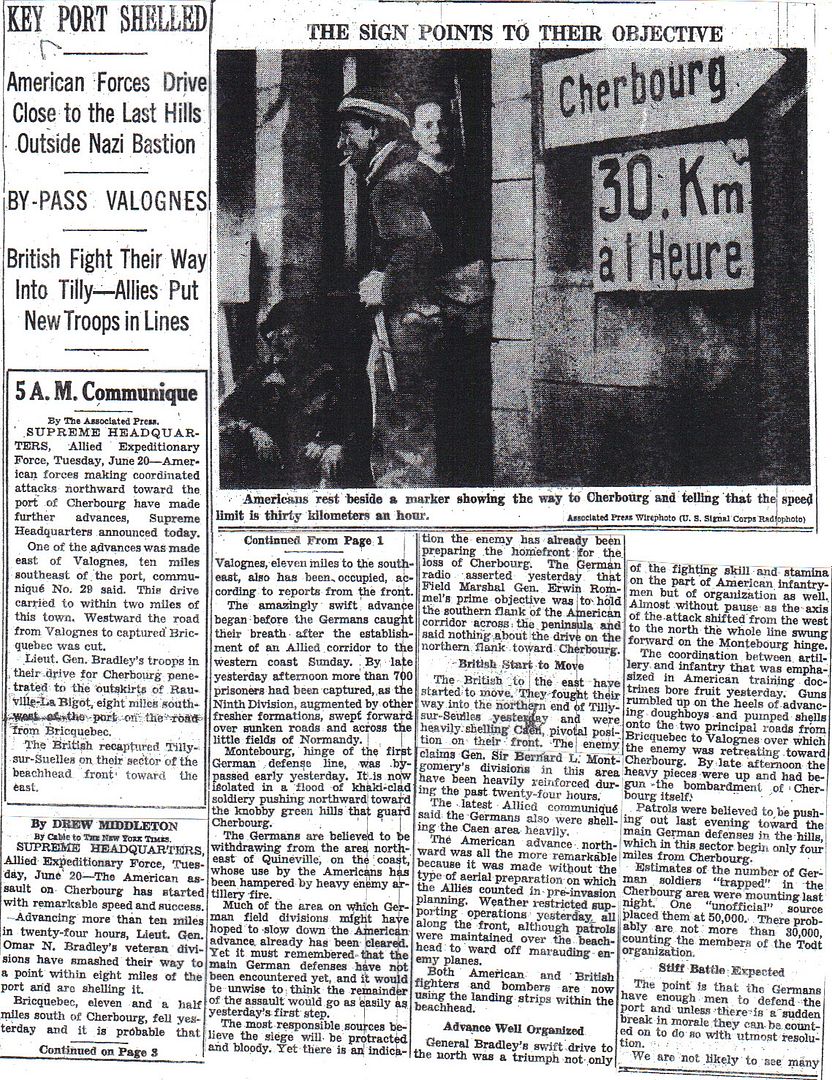
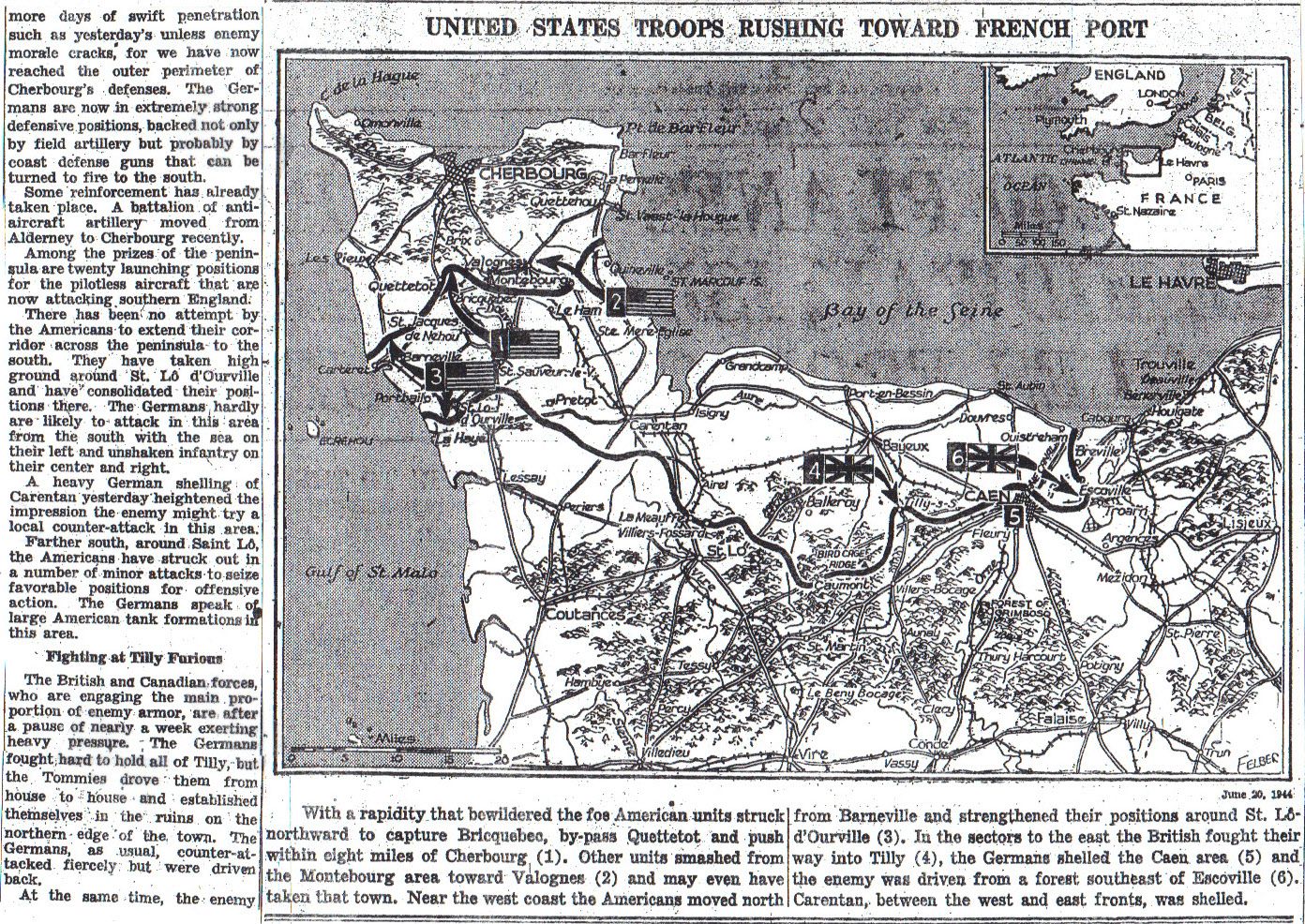
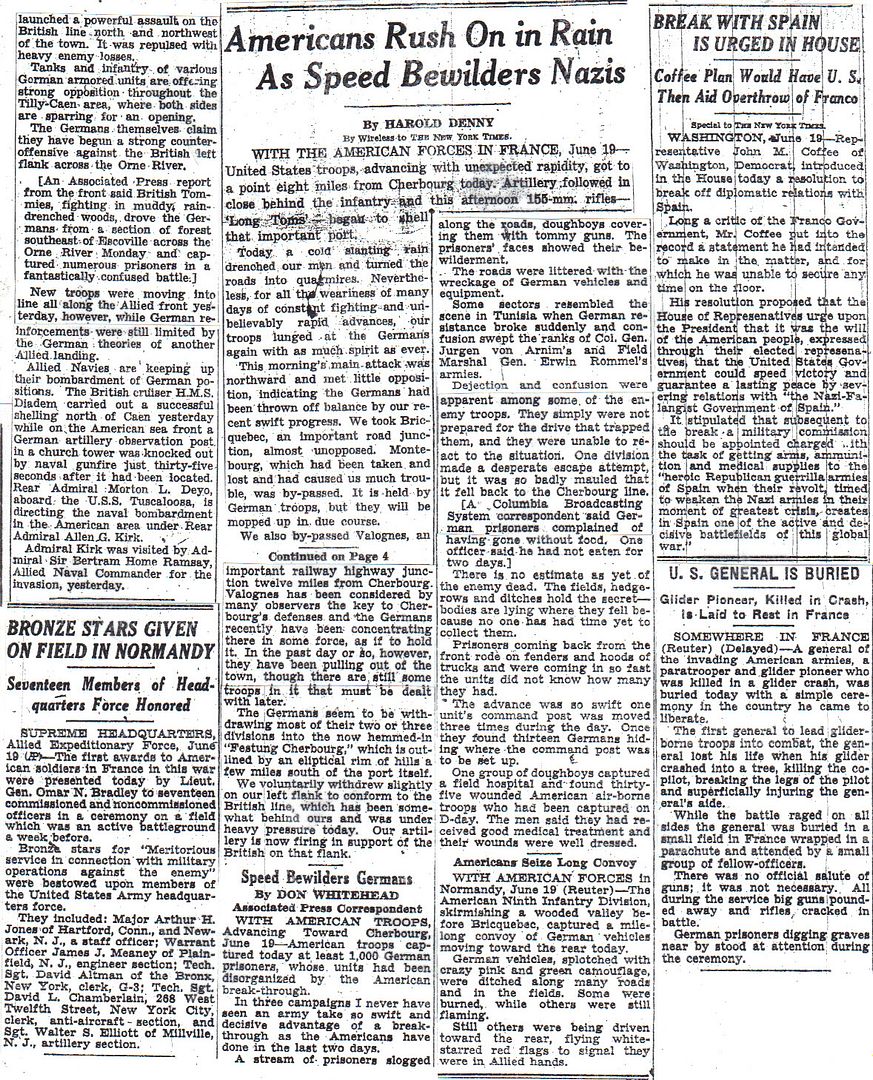
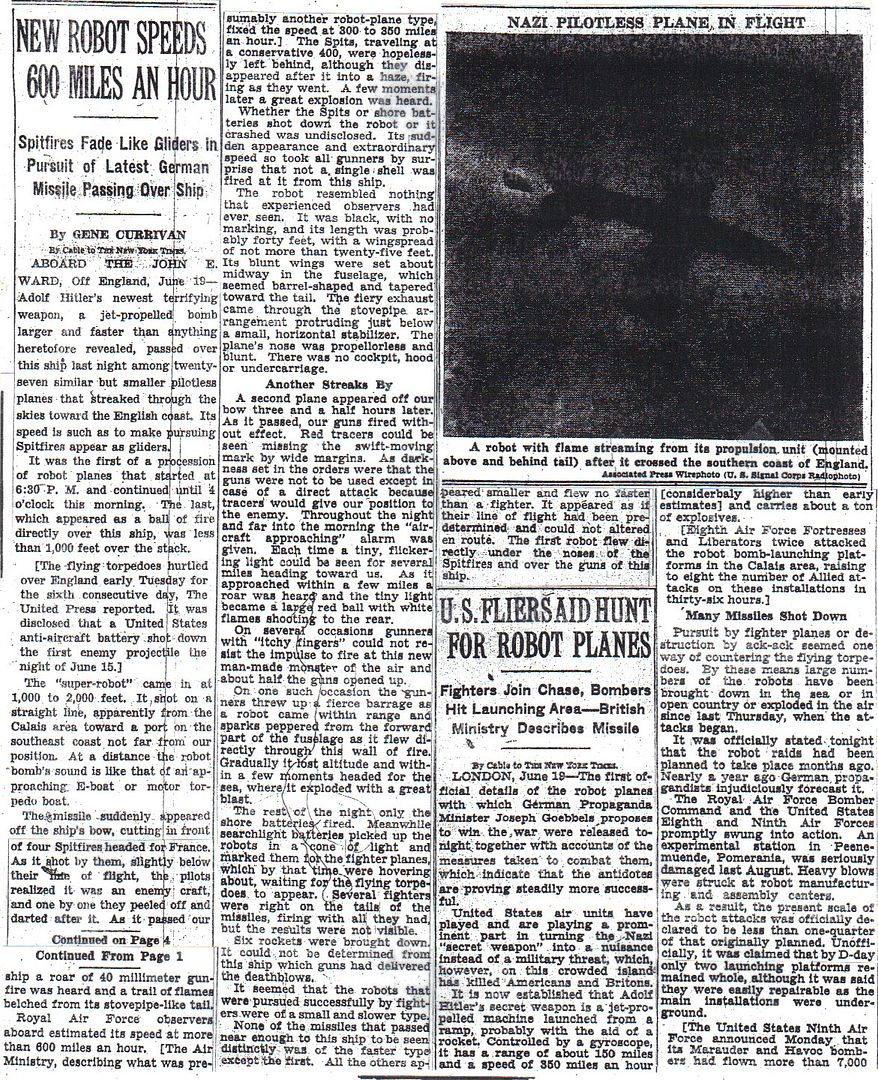
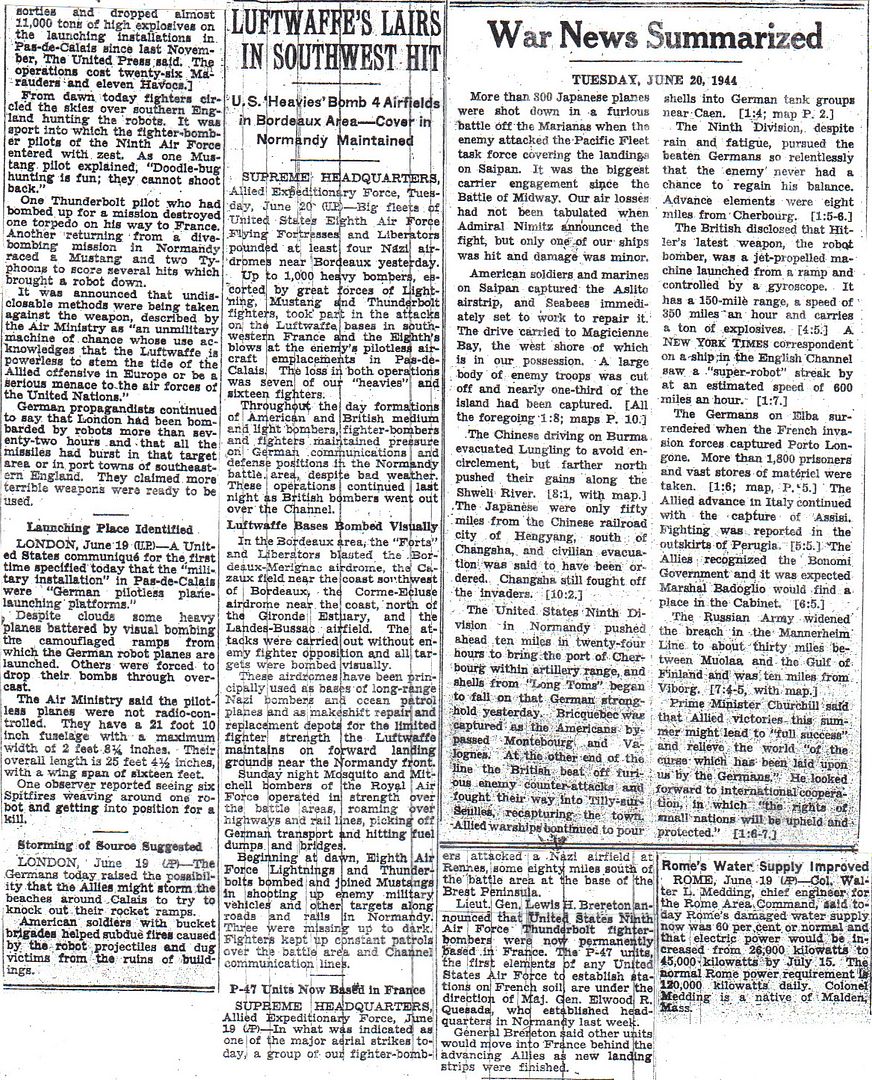
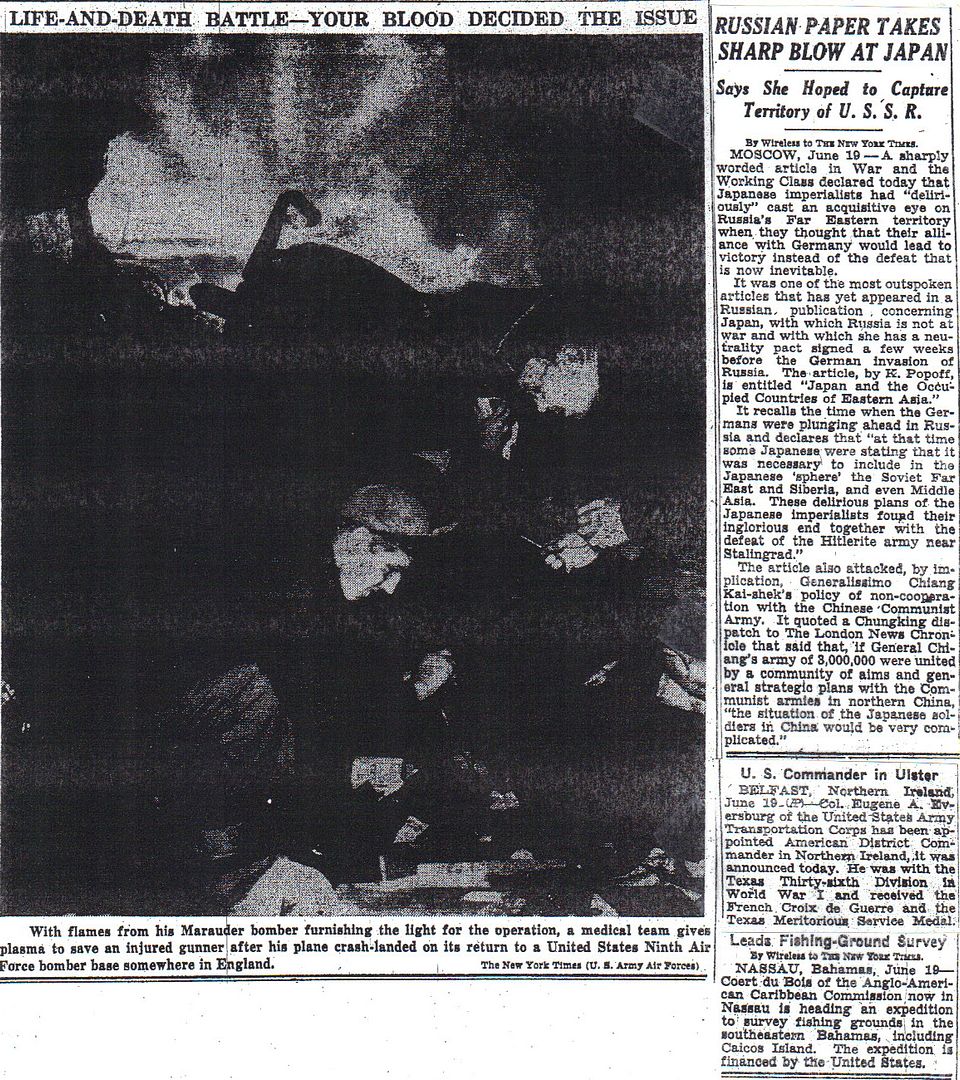
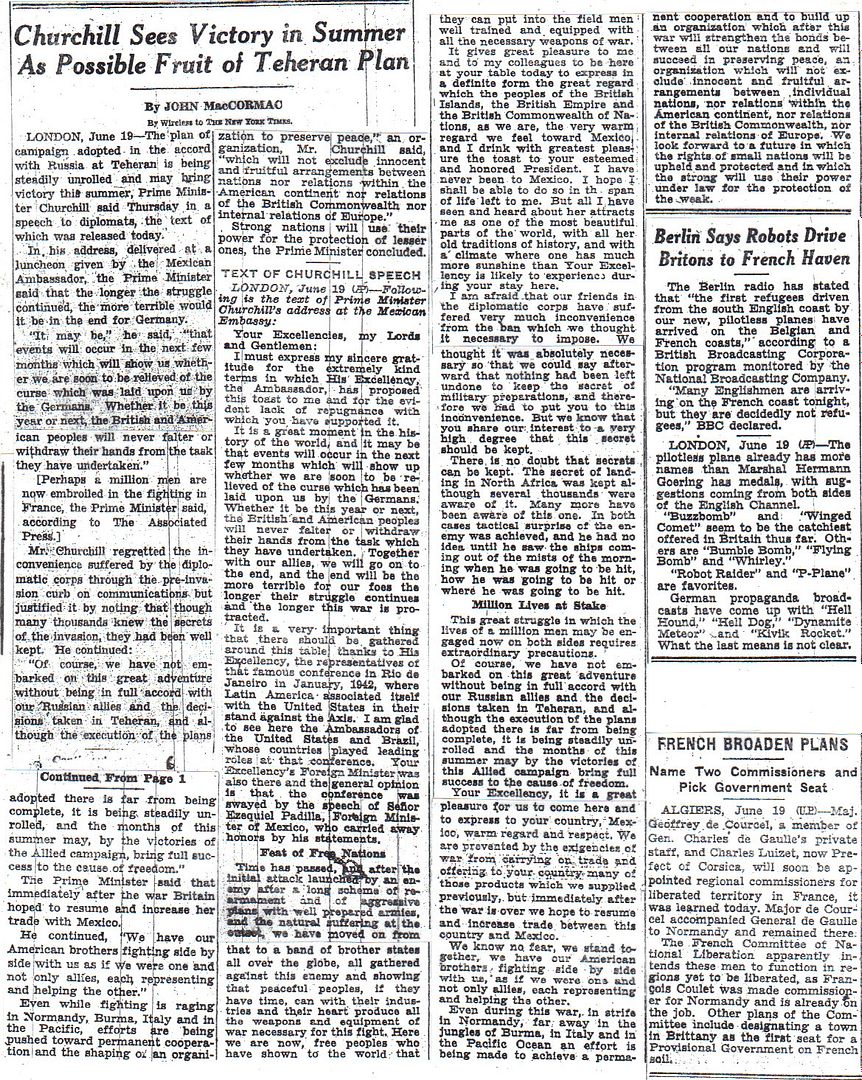

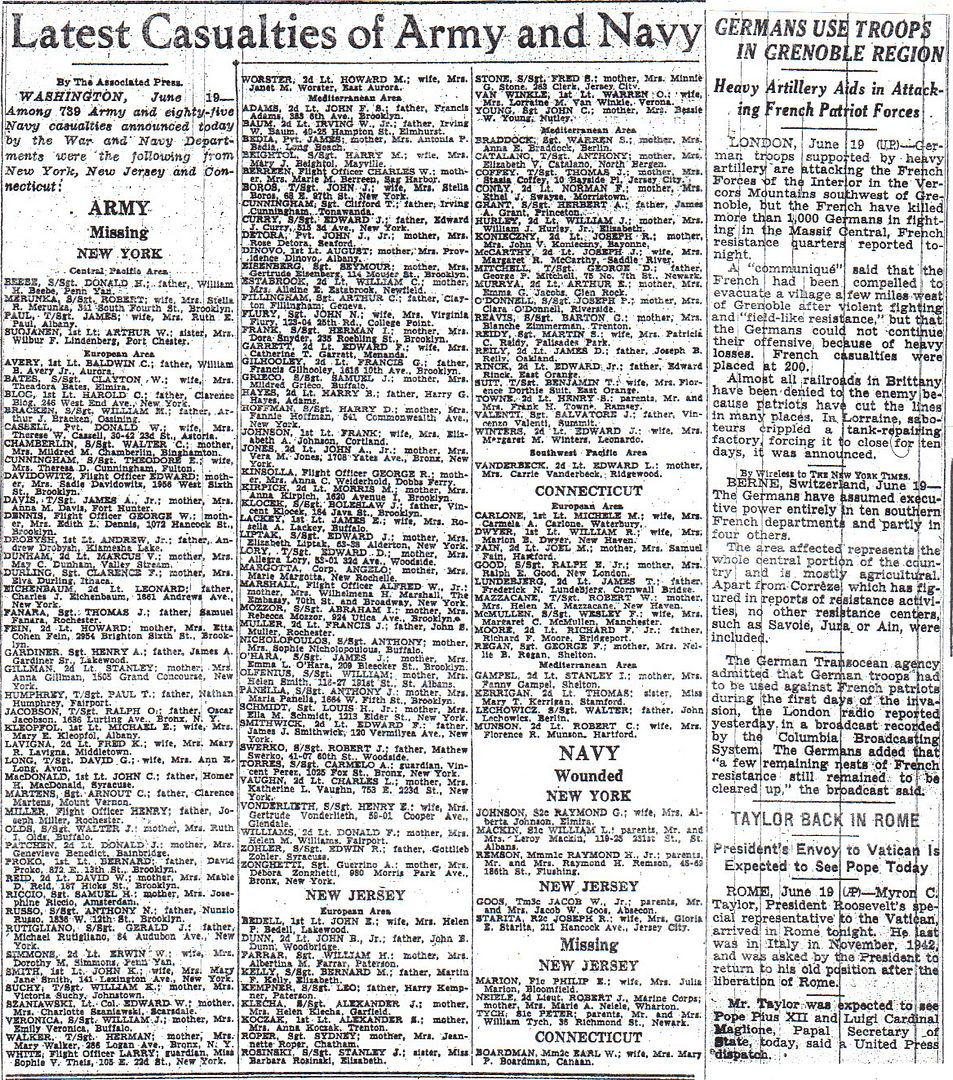
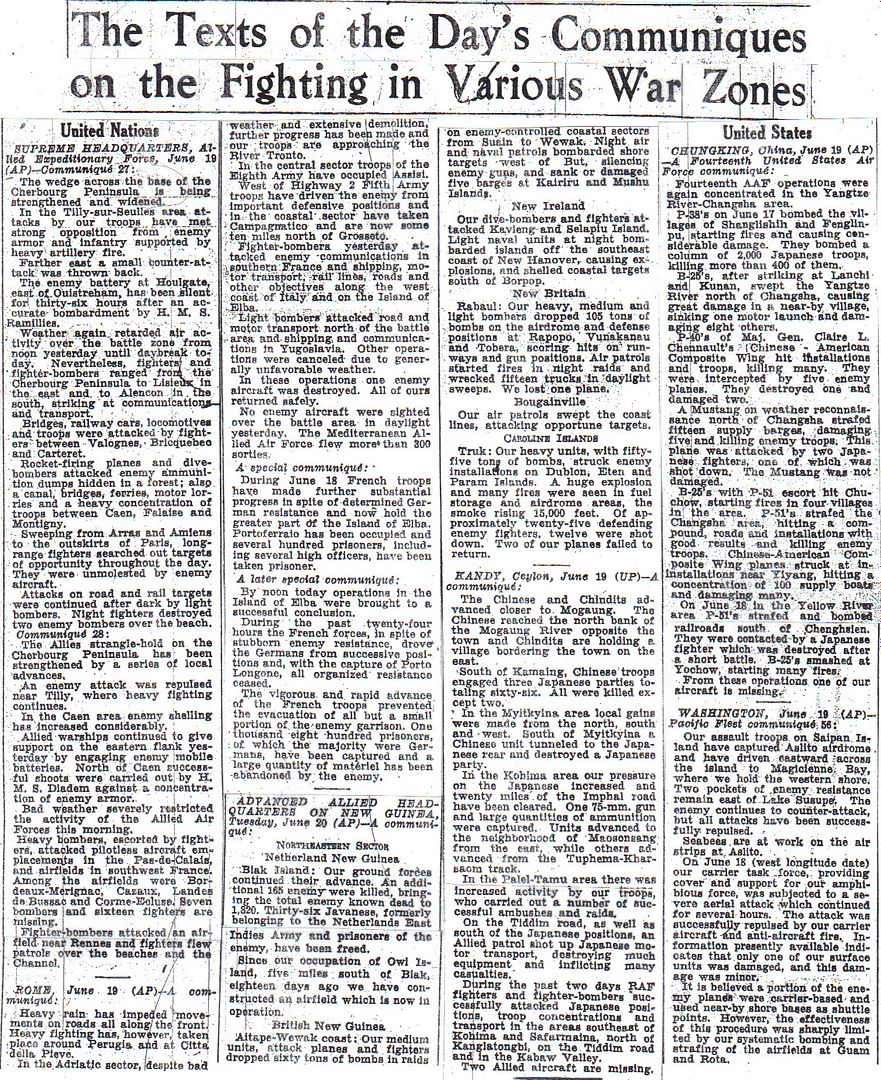
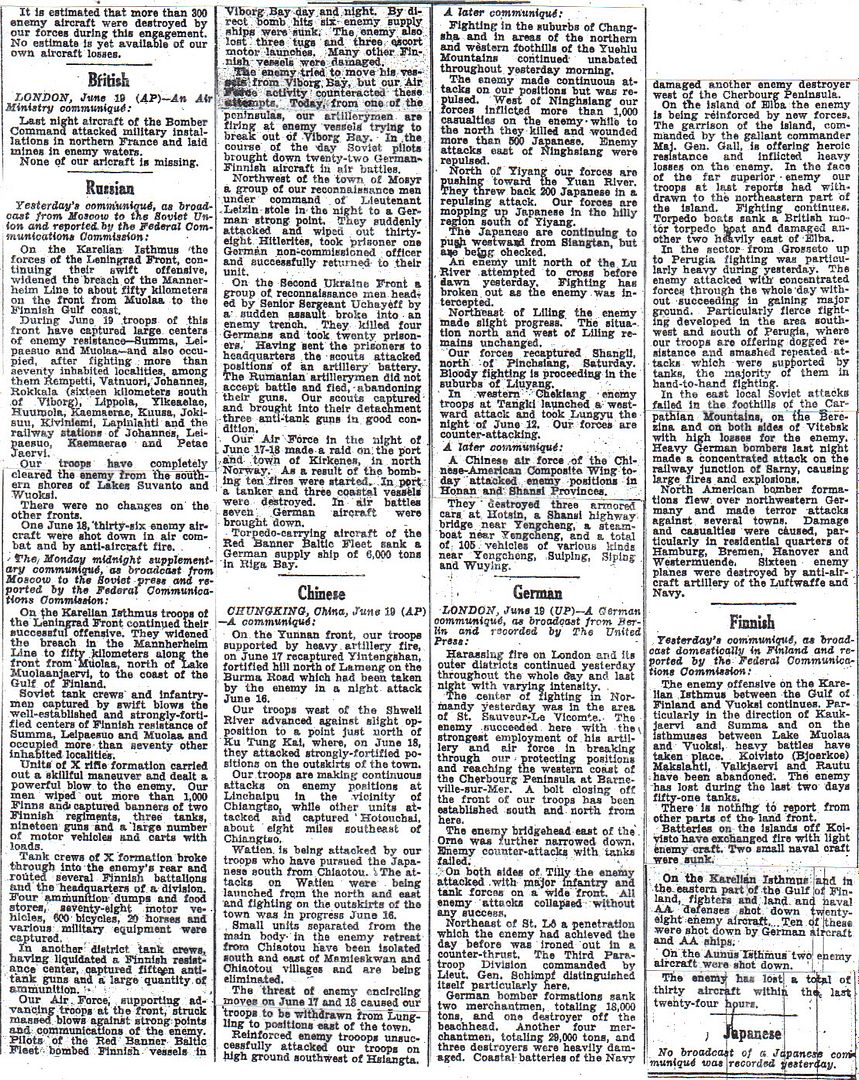
And both those campaigns, in terms of manpower, were nothing compared to the Russian Front. It’s almost impossible to grasp the number of people, the amount of materiel, that went into this war.
It's hard to see a path to victory for Britain and America without Germany being mauled on the Eastern front.
But, as henkster likes to say, we shouldn't assume people will act contrary to their nature. It has been Russian policy since Peter the Great to dominate Poland. So, even if Germany had not attacked Russia, the Russians would have move against them eventually.
That's a good point. The Americans and British were in a war to defeat Germany. The Russians were in a war of imperial expansion, once the first threat to the rodina was beaten off.
The Pacific was almost a private war between Japan and the United States.
I don’t know about that. The Burma campaign was all about England versus Japan.
The pacific was only a private war because France and Holland had been taken out by Germany. Most of the places Japan invaded were theirs. Had they still been in the war as more than a guest of England the flavor would have been slightly different. AS it is, Australia and England were very involved.
That’s a good point. I wasn’t thinking of Burma/India as “the Pacific.” However, many of the islands were colonial possessions of different powers - now that you mention it ;-).
There has always been a lot of speculation as to Stalin's timetable for a move west. As I generally understand it, he hoped Germany, France and Britain would get bogged down in a costly WWI style conflict which at some point the Soviets could swoop in and take what they wanted.
The quick defeat of France and relatively light casualties in the Battle of Britain (in terms of absolute manpower) threw a monkey wrench into Stalin's plans for western Europe.
I've read some opinions that Stalin intended to attack as early the summer of 1941 which explains why the Red Army did not have defensive positions established along the border because they were actually building up for an offensive when Hitler launched Operation Barbarossa.
I've read other places that he intended to attack in the 1942-1944 timeframe. I don't know. Would love to have been fluent in Russian while the Soviet archives were still open.
Hundreds of men launched knowing full well that if they lived after pressing home their attacks, there was a better than even chance there wouldn't be a place to land.
No, it wasn't a suicide mission, but it was getting close.
“So, even if Germany had not attacked Russia, the Russians would have moved against them eventually.”
It’s an interesting subject to discuss. The Russians were very impressed with the ease that the Germans defeated France. From everything I’ve studied about WWII, I doubt Stalin wanted to attack the Germans. He knew full well the power of the Wehrmacht. The Allies would never have been able to overthrow the 3rd Reich without the Russians, at least not until we eventually got the bomb. Even then, it would have been an unimaginable blood bath.
That’s a good point, too. I guess it comes down to how Stalin would have evaluated Germany’s determination to hold Poland ... and we can’t know.
And pretty much all their weaknesses via unfettered access to German armaments production facilities per non-agression pact.
The whole Hitler/Stalin thing is one of those great ironies of World War II for which I have such fondness.
When it was obvious that the Western Allies would have to make a stand against Hitler over Poland, they obviously wanted to involve Stalin’s USSR on their side. Hitler, of course, did not want to fight a two-front war. This was while he was still somewhat rational, and he realized the two-front war was what had doomed the Kaiser. But he hated Bolshevism so much, and had spent so much political capital venting his spleen on them, it was very hard for him to engage the Soviets.
Hitler hoped he could bluff and/or stare down the allies one more time. In fact, right up to August 1939, he was convinced they would not actually fight for Poland. In the meantime, the Allies sent the Drax mission to Russia to negotiate an alliance of some sort with Stalin. Several things about this mission made it obvious to Stalin that the allies were not serious. They took a slow boat to get there. They didn’t have any concrete military plans or commitments they could give. Most importantly, they could not give assurances that the Poles would allow the Red Army onto Polish territory to fight the Germans.
It appeared to Stalin that the Western Allies’ idea to fight Hitler was to sit behind the Maginot Line, and defeat Germany through the expenditure of copious amounts of Russian blood. Stalin wanted no part of this. Plus, he knew full well that because of the purges to the officer corps, the rapid expansion of the Red Army, and the fact it was largely untrained, unsupplied and lacking modern weaponry, it wasn’t ready to fight.
Stalin, however, did believe that sooner or later he would have a showdown with Germany, but the one thing he needed was time. Hitler needed a free hand in the east. So the cynical Non-Aggression Pact was signed. Each side knew the Pact was only good until one side or the other landed the first blow. Stalin’s plan was, as you stated, to have the Western Allies and the Germans exhaust themselves in a redux of World War I, and then he could clean up in Central and Western Europe.
What happened was the quick collapse of France. At this time, Stalin tried to appease Hitler to buy time. Since the British blockade was still in effect, Hitler’s only access to raw materials was through the Soviet Union. Stalin saw to it that the Soviets met all of Hitler’s demands in this regard. By 1942, he believed the Red Army would be ready. Not so much did he intend to actually invade Germany, but instead use economic blackmail to eventually bend them to his will in an ever increasing cycle of demands.
Stalin never intended to fight Germany in 1941. The only people who wanted to even consider that were Zhukov and to some extent Timoshenko. They drafted studies for a preemptive 1941 strike, but there is no evidence Stalin ever saw them.
As with all who tried to appease Hitler, Stalin was betrayed and attacked. Or you could look at it as a case where Hitler “hit back first.” There were no good guys in that deal. But Stalin was forced to fight Hitler with an army that wasn’t ready, and they got slaughtered. But for the mobilization scheme developed before the war by Marshal Boris Shaposhnikov, which allowed the Red Army to continuously generate new armies as fast as the Germans destroyed them, the USSR might have perished. But the Russians traded space to for the time to learn how to fight the Germans, and wear them down. It was that space that Poland and France didn’t have. A result of this strategy was a Red Army that would never be the highly honed rapier like the Germans or later the Americans. Instead, by necessity, it was a club that used brute force to bludgeon the Germans into submission. And using the club meant appalling casualties that no western democracy would have supported.
So there is the irony. Stalin wanted to avoid the game where the Western Allies sat behind the Maginot Line and defeated Hitler at the cost of copious amounts of Russian blood. To do that he cut a deal with Hitler. That deal eventually resulted in the Western Allies sitting behind the English Channel...and defeating Hitler at the cost of copious amounts of Russian blood.
Very interesting analysis! Makes sense even at 6:00 a.m. with insufficient coffee.
The whole Hitler/Stalin thing is one of those great ironies of World War II for which I have such fondness.
That their relationship 1933-1941 receives so little attention by historians causes me to believe there is more than just Molotov-Ribbentrop suddenly dropping from the sky.
Actually, the entire inter-war period of German-Soviet relations such as the Weimar circumventions at Kazan, Polyarny, Rostov, etc is a topic generally ignored by historians and is something I would like to know more about.
There was also China, which tied down the bulk of the Japanese Army from 1937 onwards.
My own opinion is ideology notwithstanding, Germany and Russia would inevitably come to blows. Hitler really seemed to believe Germany needed to dominate Poland for "lebensraum." Russia thought it had to dominate Poland to avoid the intolerable situation of having German armies on the border of Mother Russia.
How this played out at the expense of enormous casualties especially to the Russians is something both horrifying and fascinating to students of history.
It is my opinion, to a reasonable degree of historical certainty, that Hitler had to strike in 1941, as delay entirely favored Stalin. It is also my opinion, to a reasonable degree of historical certainty, with Hitler being Hitler and the Germans being the Germans, that they were nonetheless doomed to lose.
Succinctly put! And I agree with you!
Disclaimer: Opinions posted on Free Republic are those of the individual posters and do not necessarily represent the opinion of Free Republic or its management. All materials posted herein are protected by copyright law and the exemption for fair use of copyrighted works.